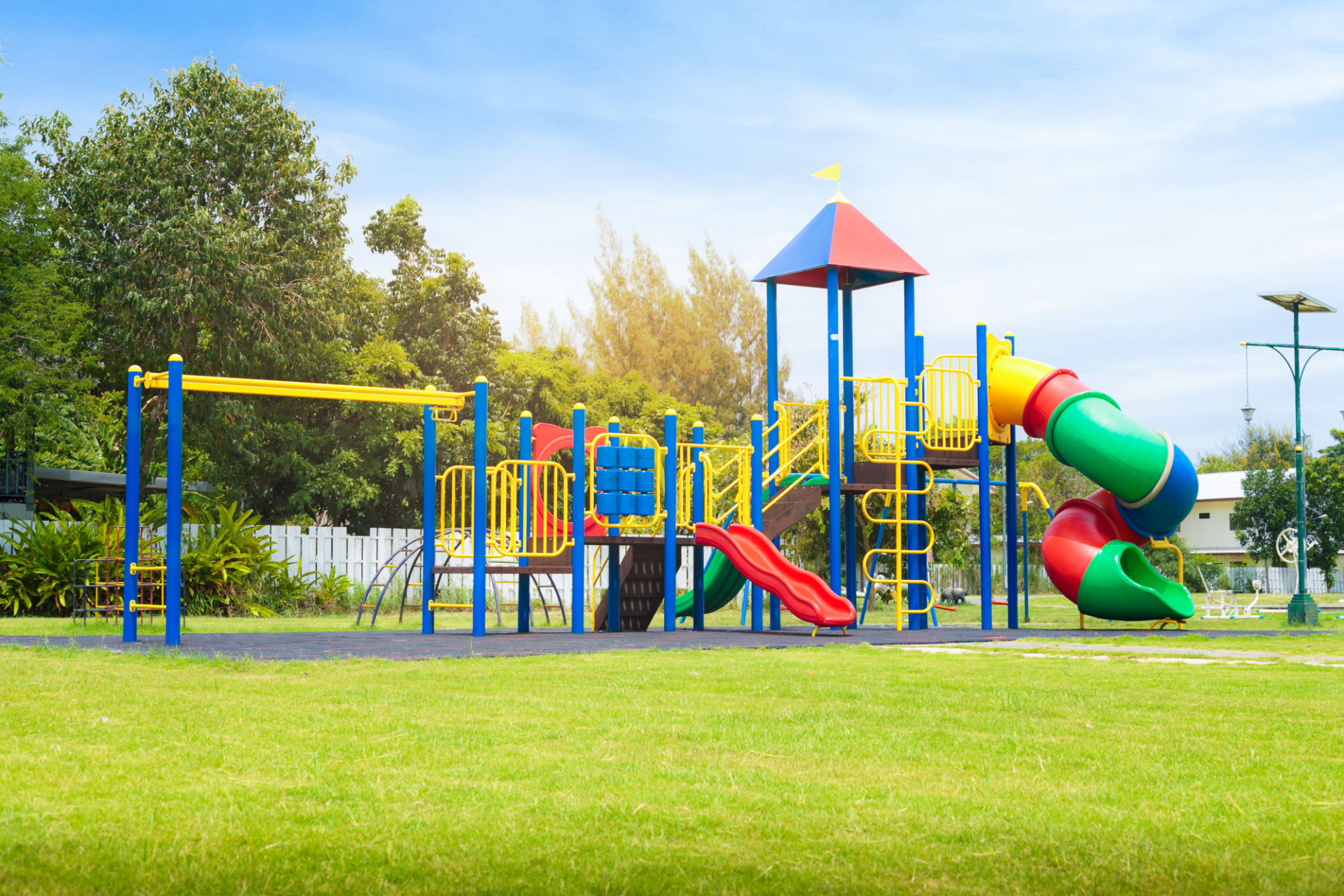Choosing the Nearest Preschool Program: What to Consider
Understanding Your Child's Needs
Choosing the nearest preschool program is a significant decision in a child's early education journey. The first step is understanding your child's unique needs and preferences. Consider their personality, learning style, and any special needs they may have. Some children thrive in structured environments, while others excel in more flexible settings. Observing your child in different contexts can provide valuable insights into the type of preschool that will suit them best.

Location and Convenience
The proximity of a preschool to your home or workplace is a key factor for many families. A nearby location can save time, reduce stress, and provide flexibility in scheduling. Consider the logistics of drop-off and pick-up times, and think about how they fit into your daily routine. Additionally, having the preschool close by can be beneficial in case of emergencies or last-minute changes in schedule.
Curriculum and Educational Approach
Preschools vary greatly in their curricula and educational philosophies. Some focus on play-based learning, while others emphasize academics or a specific educational approach like Montessori or Reggio Emilia. Researching and understanding these different methods can help you decide which aligns best with your educational goals for your child. Visit potential preschools to observe classes and get a feel for how their curriculum is implemented.

Teacher Qualifications and Student-to-Teacher Ratio
The qualifications and experience of the teaching staff are crucial elements to consider. Look for preschools where teachers have relevant certifications and a passion for early childhood education. Additionally, a low student-to-teacher ratio can indicate more personalized attention for each child, which can enhance the learning experience.
Safety and Cleanliness
Ensuring that a preschool maintains high standards of safety and cleanliness is essential. Visit the facility to check for secure entrances, clean classrooms, and well-maintained playgrounds. Ask about the preschool's policies on health, hygiene, and emergency procedures to ensure they align with your expectations for your child’s safety.

Cost and Value
Preschool tuition can vary widely, so it's important to consider your budget when choosing a program. Compare the costs of different preschools in your area, but also consider what is included in the tuition. Some programs may offer additional services or resources that justify a higher cost. It's important to find a balance between affordability and the quality of education provided.
Parent Involvement
Consider how much involvement you want to have in your child's preschool experience. Some preschools encourage strong parent participation through volunteer opportunities and regular communication, while others may have a more hands-off approach. Understanding the level of involvement expected can help you choose a preschool that matches your lifestyle and preferences.

Reviews and Recommendations
Finally, seek out reviews and recommendations from other parents in your community. Personal experiences can provide valuable insights into the strengths and weaknesses of a preschool program. Ask friends, family, or neighbors about their experiences, and consider joining local parenting groups online to gather more information.
By carefully considering these factors, you can make an informed decision that sets the foundation for your child's educational journey. Remember that every child is unique, and finding the right fit will help nurture their growth and development during these formative years.
